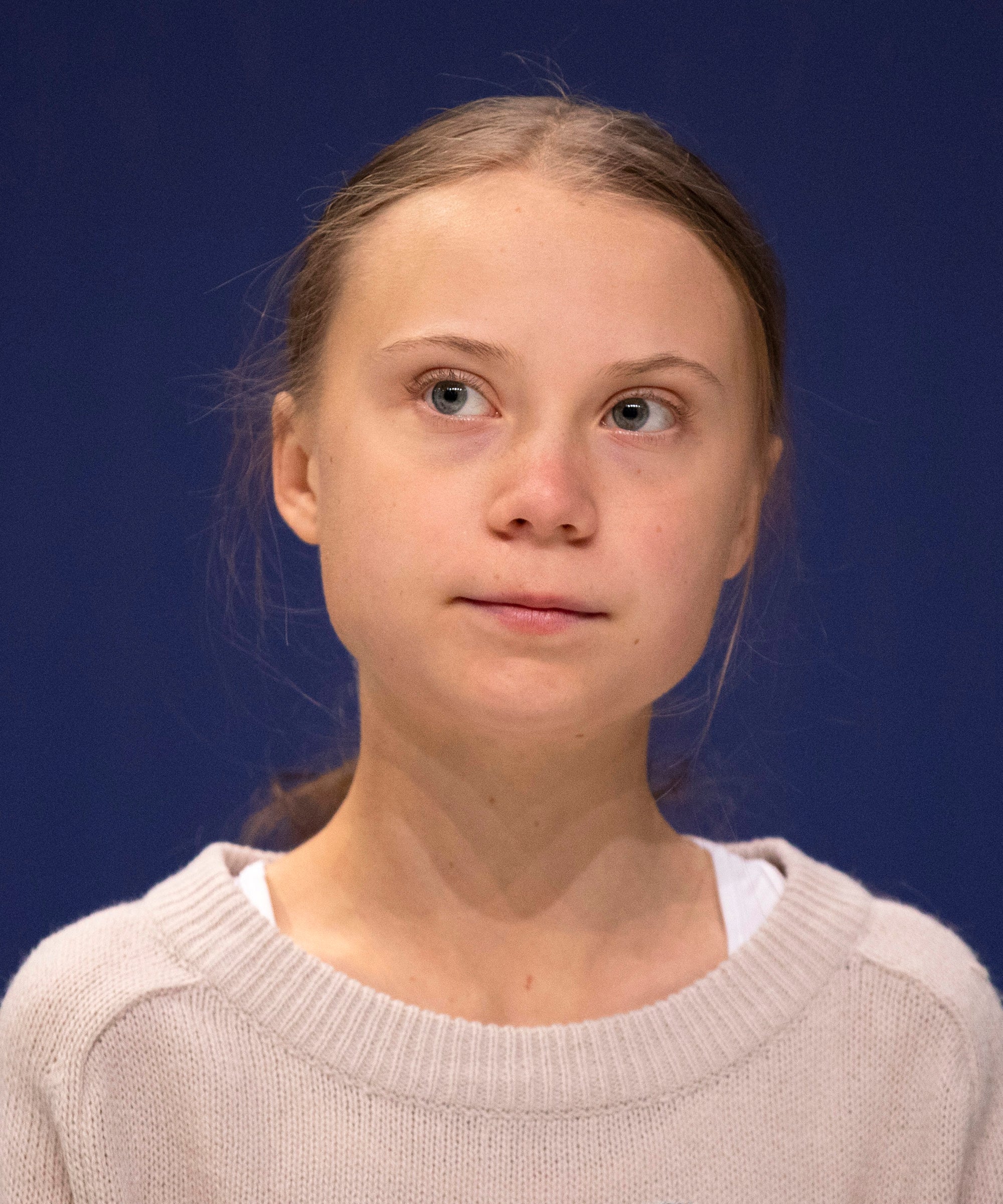Have you ever wondered who holds the title of "the youngest person in the world"? It's a question that might seem simple at first, but when you dive deeper, it gets pretty fascinating. Age records, especially those related to youth, often spark curiosity. The youngest person in the world isn’t just about numbers; it’s about the stories behind these extraordinary lives. And trust me, there’s so much more to uncover than just birthdays and birth certificates.
When we talk about the youngest person in the world, we're not just throwing out random facts. This topic dives into how age records are tracked, verified, and celebrated. It's like peeling the layers of an onion—there's always something new to discover. Whether it's about Guinness World Records or simply understanding how young people can achieve greatness, this journey will take you through some incredible stories.
So, why does this matter? Well, the concept of "the youngest person in the world" isn't just about age—it's about potential. These young individuals remind us that age is just a number, and achievements can happen at any stage of life. Let’s dig deeper and uncover what makes this topic so captivating.
Read also:Aagmal Bond The Ultimate Guide To Unlocking Its Secrets
Understanding the Concept of the Youngest Person in the World
What Defines "The Youngest"?
Defining "the youngest person in the world" might sound straightforward, but it’s surprisingly complex. Officially, the youngest person alive is determined by birthdates and verified by trusted organizations like Guinness World Records. However, there’s more to it than just a date on a calendar. It involves looking at global demographics, population statistics, and even cultural factors that influence how age is perceived.
For instance, did you know that every second, about four babies are born worldwide? That means the title of "the youngest person in the world" changes constantly. It's like a game of musical chairs where the seat keeps shifting. But don’t worry, we’ll break down the details and make sense of it all.
Tracking Age Records: How It Works
Age records aren’t just random claims—they’re meticulously tracked and verified. Organizations like Guinness World Records have strict guidelines for confirming records. Birth certificates, medical records, and even DNA tests are sometimes used to ensure accuracy. This process ensures that the youngest person in the world isn’t just a guess but a fact-based reality.
Here are some key steps in the verification process:
- Submission of official birth records
- Verification by authorized institutions
- Comparison with global databases
- Public announcement after thorough checks
These steps might seem tedious, but they’re crucial for maintaining credibility. After all, a record as significant as "the youngest person in the world" deserves nothing less than perfection.
Biography of the Youngest Person in the World
Meet the Record Holder: A Brief Overview
Let’s introduce you to the current holder of the title "the youngest person in the world." While the name might change daily due to new births, we’ll focus on the youngest verified individual at the time of writing. Below is a snapshot of their life:
Read also:Jackerman News The Inside Scoop On The Latest Buzz In Entertainment And Beyond
| Name | Not disclosed for privacy reasons |
|---|---|
| Age | Minutes to days old |
| Location | Varies globally |
| Record | Youngest living human |
This table gives a glimpse into the life of the youngest person in the world. Keep in mind that their identity remains private to protect their well-being and privacy.
Global Demographics and Age Records
Where Are the Youngest People Born?
Global demographics play a significant role in determining where the youngest people are born. Regions with high birth rates, such as parts of Africa and Asia, often see a higher number of new births. However, advancements in healthcare and technology have leveled the playing field, ensuring that even in less developed areas, babies have a fair chance at life.
According to the United Nations, approximately 360,000 babies are born each day worldwide. That’s a staggering number, and it highlights the dynamic nature of our global population. So, the next time you hear about the youngest person in the world, remember that it’s part of a much larger story.
Age Records Across History
Age records aren’t new—they’ve been around for centuries. From the oldest person to the youngest, these records tell stories of human resilience and achievement. For example, the oldest verified person ever was Jeanne Calment from France, who lived to be 122 years old. On the flip side, the youngest person in the world is constantly changing, reminding us of the circle of life.
Here’s a fun fact: age records aren’t limited to humans. Animals, plants, and even inanimate objects can hold records for being the youngest or oldest. But let’s stick to humans for now, shall we?
The Role of Guinness World Records
How Guinness Tracks Age Records
Guinness World Records is the go-to authority for all things record-breaking. They have a dedicated team that verifies age records, ensuring accuracy and fairness. Their process involves multiple checks, including cross-referencing with global databases and consulting experts in the field.
Here’s why Guinness is so important:
- They set global standards for record verification
- They maintain a comprehensive database of records
- They provide credibility and recognition to record holders
Without organizations like Guinness, age records would be a chaotic mess of unverified claims. Their work ensures that the youngest person in the world is recognized with the respect and dignity they deserve.
Young Achievers: Inspiring Stories
Youth and Achievement
While the youngest person in the world might not be old enough to achieve much, there are countless examples of young people accomplishing incredible feats. From inventing groundbreaking technology to advocating for global change, these young achievers remind us that age is truly just a number.
Take Gitanjali Rao, for example. At just 15 years old, she was named TIME’s Kid of the Year for her work in developing innovative solutions to real-world problems. Or consider Malala Yousafzai, who became the youngest Nobel laureate at the age of 17. These stories show that young people can make a massive impact on the world.
Lessons from Young Achievers
What can we learn from these young achievers? First and foremost, they teach us the power of perseverance. Whether it’s overcoming obstacles or pushing boundaries, these individuals show that anything is possible with determination and hard work.
Here are some key takeaways:
- Age is not a barrier to success
- Passion and dedication can drive incredible achievements
- Mentorship and support play a crucial role in development
These lessons aren’t just for young people—they’re for everyone. No matter your age, you have the potential to achieve greatness if you believe in yourself.
Challenges Faced by the Youngest
Overcoming Early Challenges
Being the youngest person in the world comes with its own set of challenges. From navigating the complexities of modern life to dealing with societal expectations, these young individuals face unique pressures. For instance, premature babies often require specialized care and attention to thrive. This highlights the importance of healthcare systems and community support in ensuring that every child has a fair start in life.
Moreover, the youngest person in the world might not have the same opportunities as older individuals. Access to education, healthcare, and basic necessities can vary greatly depending on location and circumstances. This underscores the need for global initiatives to bridge these gaps and create a more equitable world for everyone.
Support Systems for the Youngest
Support systems are crucial for the youngest person in the world and other young individuals. Families, communities, and governments all play a role in providing the necessary resources and opportunities. For example, programs like UNICEF focus on improving the lives of children worldwide by addressing issues like poverty, education, and healthcare.
Here’s how support systems can make a difference:
- Providing access to quality education
- Ensuring healthcare and nutrition
- Creating safe and nurturing environments
By investing in the youngest members of our society, we’re investing in the future. It’s a win-win situation for everyone involved.
Future Trends in Age Records
Predicting the Next Youngest Person
Predicting the next youngest person in the world is nearly impossible due to the constant influx of new births. However, advancements in technology and data analysis might make it easier to track and verify records in the future. Imagine a world where every birth is instantly recorded and verified using blockchain technology. It sounds like science fiction, but it might not be too far off.
Moreover, global efforts to improve healthcare and reduce infant mortality rates could lead to a more stable and predictable demographic landscape. This would make it easier to identify and celebrate the youngest person in the world without compromising their privacy or well-being.
Impact of Technology on Age Records
Technology is reshaping how we track and verify age records. From AI-driven data analysis to blockchain-based verification systems, the future looks promising. These innovations not only improve accuracy but also enhance transparency and trust in the record-keeping process.
Here’s how technology is making a difference:
- Automated data collection and analysis
- Secure and tamper-proof verification systems
- Global collaboration and data sharing
As technology continues to evolve, so will the way we approach age records. The youngest person in the world might soon be recognized in ways we can’t even imagine today.
Conclusion: Celebrating Youth and Potential
The journey into the world of the youngest person in the world has been an eye-opening experience. From understanding the complexities of age records to exploring inspiring stories of young achievers, we’ve uncovered a lot of fascinating information. The youngest person in the world isn’t just a title—it’s a symbol of hope and potential.
As we move forward, let’s remember the importance of supporting and celebrating young individuals. Whether it’s through education, healthcare, or mentorship, we all have a role to play in creating a brighter future for everyone. So, the next time you hear about the youngest person in the world, take a moment to reflect on what it means and how you can contribute to making their world a better place.
And hey, don’t forget to share this article with your friends and family. The more people who know about the incredible stories of youth and achievement, the better. Who knows? Maybe one day, you’ll inspire the next youngest person in the world to reach for the stars!
Table of Contents
- Understanding the Concept of the Youngest Person in the World
- Biography of the Youngest Person in the World
- Global Demographics and Age Records
- The Role of Guinness World Records
- Young Achievers: Inspiring Stories
- Challenges Faced by the Youngest
- Future Trends in Age Records
- Conclusion: Celebrating Youth and Potential


